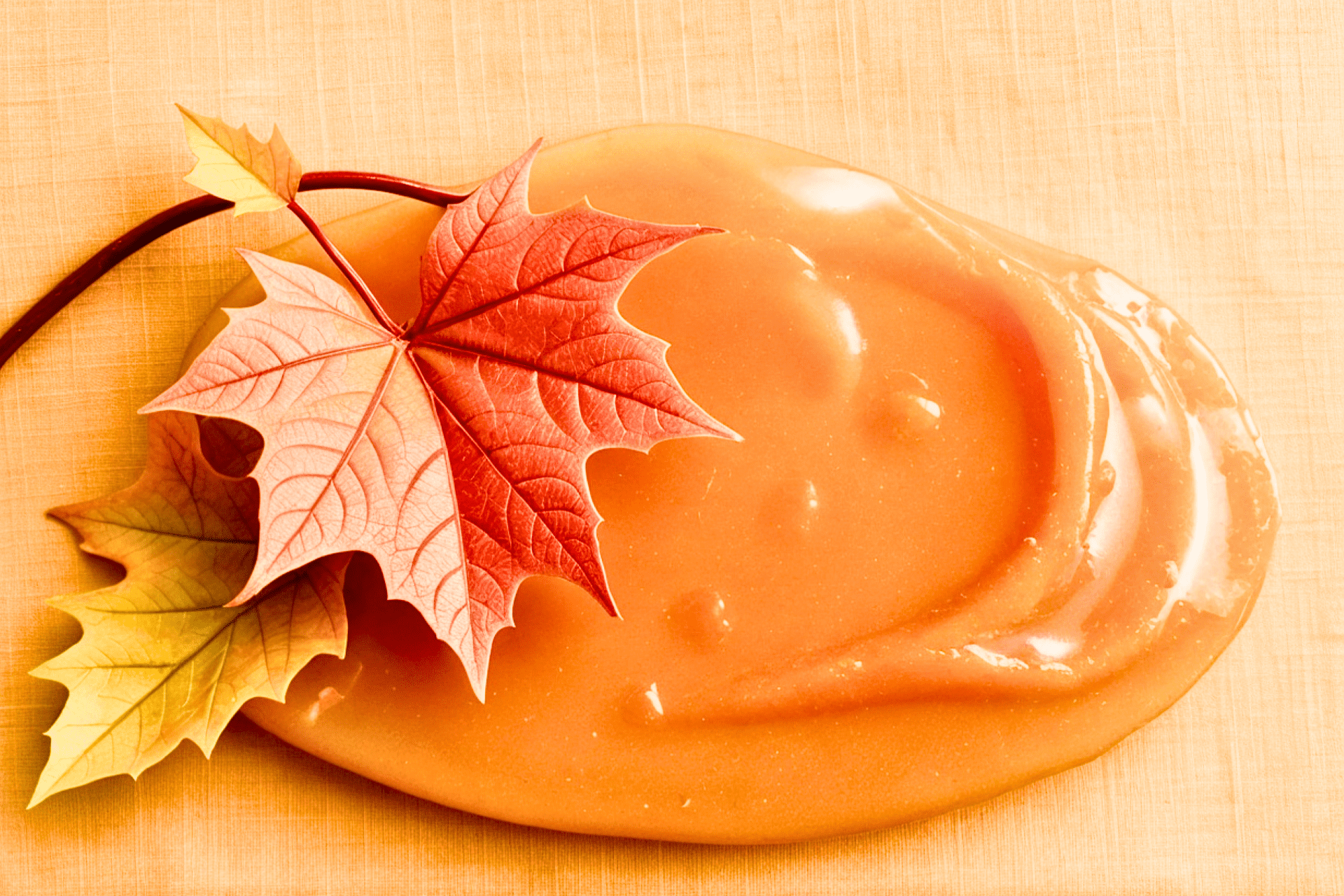

Remember that feeling of excitement when you’d dive headfirst into a new hobby? Or the pure joy of spending time with loved ones, completely absorbed in the moment? Now, imagine those feelings fading away, replaced by a pervasive sense of “meh.” That’s the reality for many people struggling with a loss of interest, a common symptom that can significantly impact our lives.
This isn’t just about feeling a bit down in the dumps. We’re talking about a persistent lack of enthusiasm for things that used to bring you joy – hobbies, work, relationships, you name it. It’s like the world has become muted, and you’re watching it through a fogged-up window.
In this article, we’ll explore the ins and outs of this often-overlooked symptom, shedding light on its potential causes, its impact on daily life, and most importantly, how to start rediscovering your spark.
So, what exactly does it feel like to lose interest in, well, almost everything? It’s more than just a fleeting case of the Mondays. Here are some telltale signs:
Sound familiar? You’re not alone. This “blah” feeling is incredibly common, and it can be a sign of underlying issues that need addressing.
Let’s face it, life can throw us some curveballs! A multitude of factors can contribute to this loss of interest, and it’s often a complex interplay of different elements. Here are some of the usual suspects:
Sometimes, it’s not a mental health condition, but rather life events that knock the wind out of our sails.
Don’t forget that our physical and mental well-being are intertwined. Certain physical health conditions can also contribute to a loss of interest.
When you lose interest in things you once loved, it’s not just a minor inconvenience. It can create a ripple effect, impacting various aspects of your life:
It’s a vicious cycle – the less you engage in activities you once enjoyed, the more isolated and unmotivated you may feel, further fueling the loss of interest.
Feeling overwhelmed? Don’t despair! While the experience of losing interest can be challenging, it’s not a life sentence. Here are some strategies to help you reclaim your spark:
If you suspect your loss of interest might be related to a mental health condition, don’t hesitate to reach out to a mental health professional. They can provide a proper diagnosis and recommend appropriate treatment options, such as therapy or medication.
If your loss of interest stems from specific life circumstances or physical health issues, it’s essential to address those underlying causes. This might involve seeking support during a grieving process, managing stress through relaxation techniques, or consulting with a doctor to address any physical health concerns.
It can be daunting to try and jump back into activities you’ve neglected when you’re feeling unmotivated. The key is to start small. Instead of trying to tackle a big project, break it down into smaller, more manageable steps. Instead of committing to a full hour of exercise, start with a 15-minute walk. Small victories can build momentum and boost your confidence.
Remember what used to light you up? Make a conscious effort to re-engage with those activities, even if it feels forced at first. Dust off that old guitar, join a book club, or take that cooking class you’ve been eyeing. You might be surprised at how quickly your enthusiasm returns.
Social interaction can be a powerful antidote to feelings of isolation and disinterest. Make an effort to connect with loved ones, even if it’s just a quick phone call or a coffee date. Joining a support group or volunteering can also provide a sense of community and purpose.
When you’re feeling low, it’s easy to neglect your own needs. But prioritizing self-care is crucial for boosting your mood and energy levels. This might include getting enough sleep, eating nutritious meals, engaging in relaxing activities, and setting healthy boundaries.
Is it normal to lose interest in things sometimes? Absolutely! Everyone experiences periods of low motivation or disinterest from time to time. It becomes a concern when it’s persistent and significantly impacts your daily life.
How long does it take to regain interest? There’s no one-size-fits-all answer. It depends on the underlying causes, the individual, and the strategies they implement. Be patient with yourself and celebrate small victories along the way.
What if I don’t know what I’m interested in anymore? That’s okay! It’s an opportunity for self-discovery. Experiment with new activities, revisit old hobbies, and explore different avenues to uncover hidden passions.
Can medication help with loss of interest? In some cases, medication, such as antidepressants, can be helpful in treating underlying conditions that contribute to loss of interest. It’s essential to consult with a healthcare professional to determine if medication is right for you.
Loss of interest can feel like a heavy blanket smothering your joy, but it doesn’t have to be a permanent state. By understanding its potential causes, recognizing its impact, and implementing proactive strategies, you can start to lift that blanket and rediscover the vibrant colors of life. Remember, seeking professional help, addressing underlying issues, and engaging in self-care are crucial steps on your journey back to joy. So, take a deep breath, be kind to yourself, and start taking small steps towards reclaiming your spark!
For more life-changing posts, Click here
Selfstalker.com

Monday - Thursday 7 AM - 5 PM PST
admin@selfstalker.com support@selfstalker.com